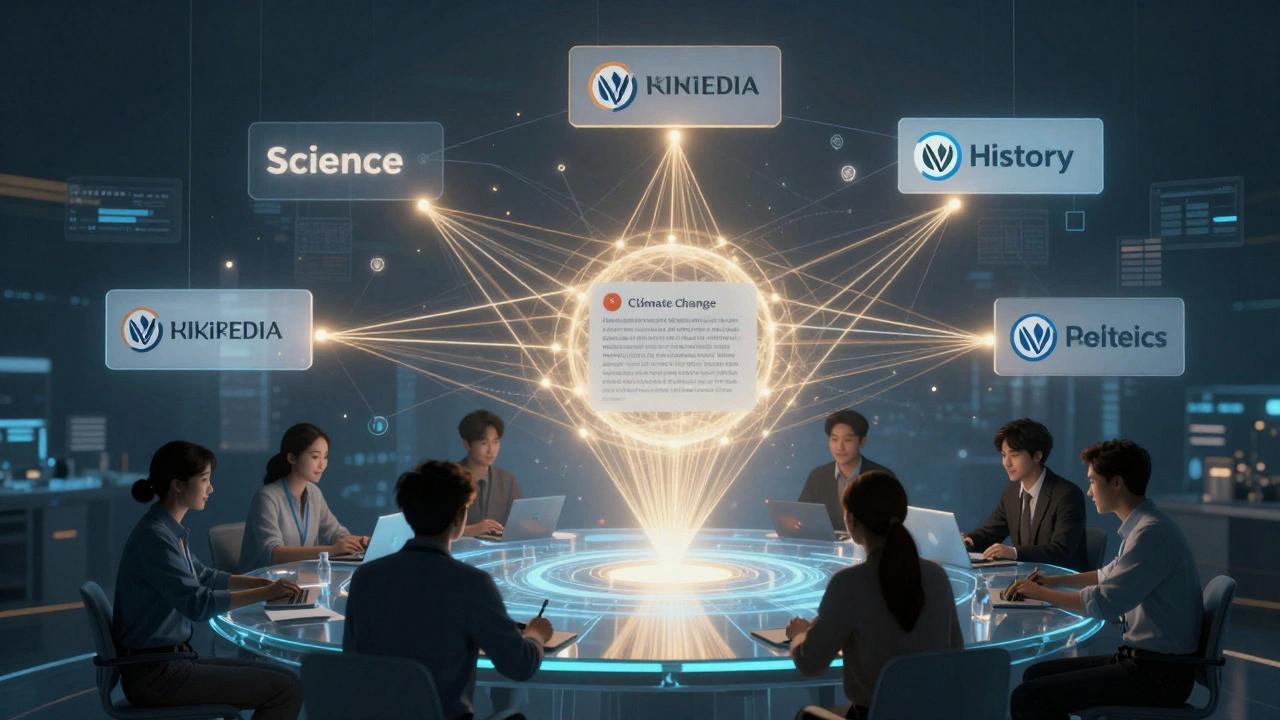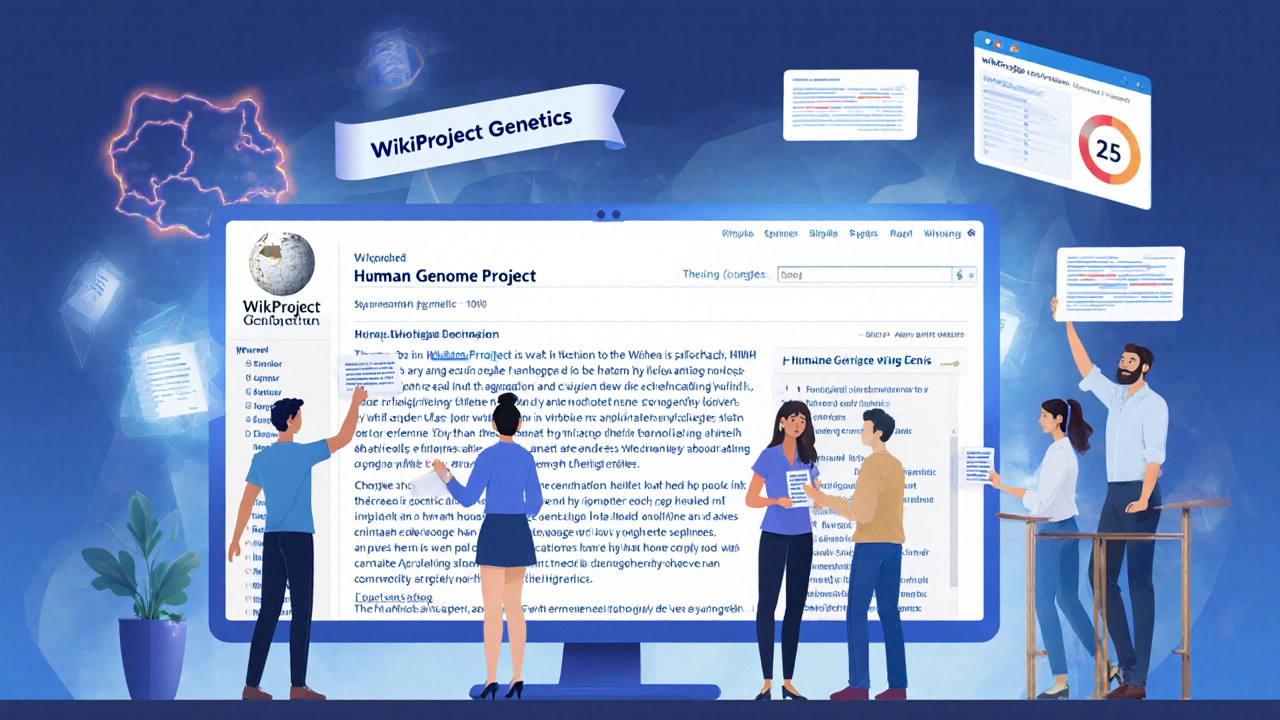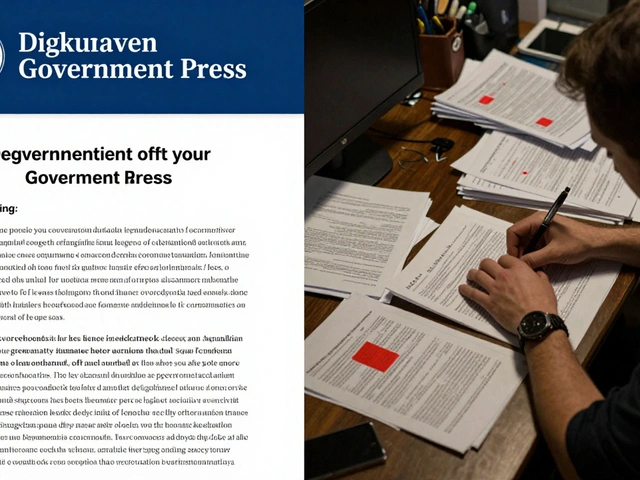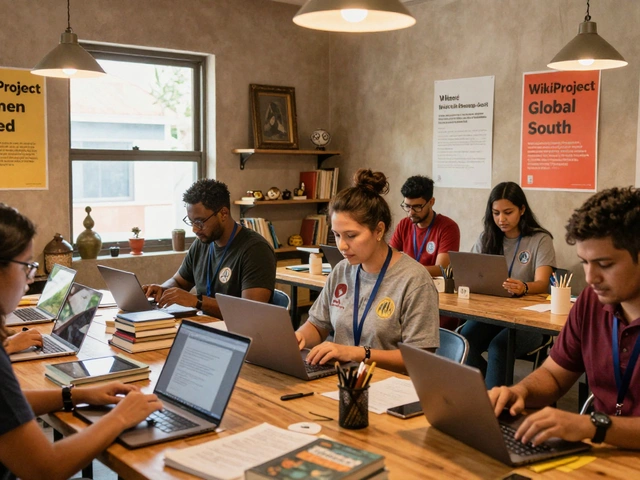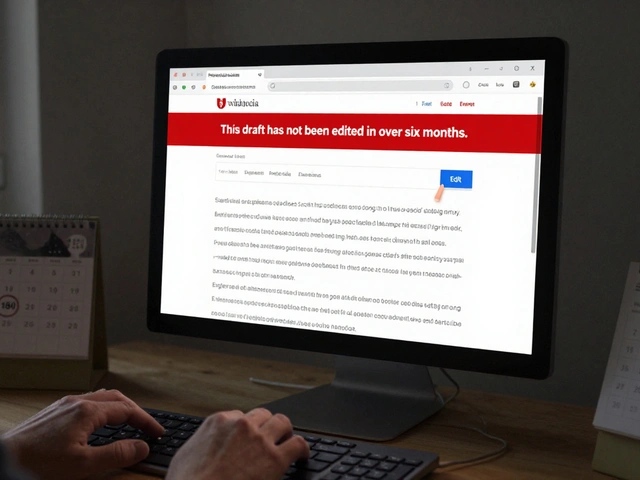WikiProjects: How Volunteer Groups Shape Wikipedia’s Content
When you read a well-structured article on Wikipedia, chances are a WikiProject, a volunteer-led group focused on improving content in a specific topic area. Also known as topic-based collaboration teams, it brings together editors who care deeply about accuracy, depth, and balance in their subject. These aren’t official teams hired by the Wikimedia Foundation—they’re everyday people, from students to retired professors, who show up because they want Wikipedia to get better. A WikiProject doesn’t just write articles—it builds systems. It creates checklists, sets style rules, flags missing content, and trains new editors. Think of it like a neighborhood watch, but for facts.
There are over a thousand WikiProjects, covering everything from WikiProject Medicine, a group that reviews health articles for scientific accuracy and clarity, to WikiProject Women in Red, a campaign to create biographies for women missing from Wikipedia. Some focus on geography, like WikiProject Africa, which works to expand coverage of African history, culture, and people. Others tackle problems like bias, sourcing, or formatting. These groups don’t just fix errors—they prevent them. They create templates so new editors don’t have to guess how to cite a source or structure a section. They run drives to clear backlogs, just like the copy editing backlog mentioned in the November 2025 drive. Without WikiProjects, Wikipedia would be a mess of uneven quality. One editor might fix a typo. A WikiProject fixes the whole system behind it.
What makes WikiProjects powerful is how they turn isolated efforts into coordinated action. A single editor might notice a missing citation. A WikiProject notices that 300 articles on similar topics all lack citations—and then trains dozens of people to fix them together. They use talk pages, task lists, and automated bots to track progress. They’re the reason some topics, like Indigenous history or local science, have improved so much over the last decade. And they’re still growing. The most successful ones don’t rely on volunteers who burn out—they build routines, reward small wins, and make it easy to jump in. If you’ve ever wondered how Wikipedia stays reliable despite being edited by anyone, the answer isn’t software. It’s these quiet, organized groups of people who care enough to show up, day after day.
Below, you’ll find a collection of articles that dig into how WikiProjects operate behind the scenes: how they choose what to fix, how they handle conflict, how they grow, and why they’re still the backbone of Wikipedia’s quality. These aren’t abstract ideas—they’re real tools, real strategies, and real people making the encyclopedia work.
How WikiProjects Collaborate on Cross-Topic Issues
WikiProjects on Wikipedia collaborate across topics to build accurate, well-rounded articles. Learn how volunteers coordinate on complex subjects like climate change, history, and science-and how you can help.
Onboarding New Editors via WikiProjects: Tutorials and Mentors
WikiProjects help new Wikipedia editors stay engaged by offering clear tutorials and personal mentorship. Learn how simple, human-led support turns first-time contributors into long-term volunteers.
How WikiProjects Drive Article Improvement and Featured Article Status
WikiProjects are volunteer groups that improve Wikipedia articles through collaboration, sourcing, and peer review - turning good content into Featured Articles that meet high-quality standards.
The Largest and Most Active WikiProjects: A Directory
Discover the largest and most active WikiProjects on Wikipedia, from medicine to film, and learn how these volunteer-driven teams keep the encyclopedia accurate and reliable. Find out how to join one today.
